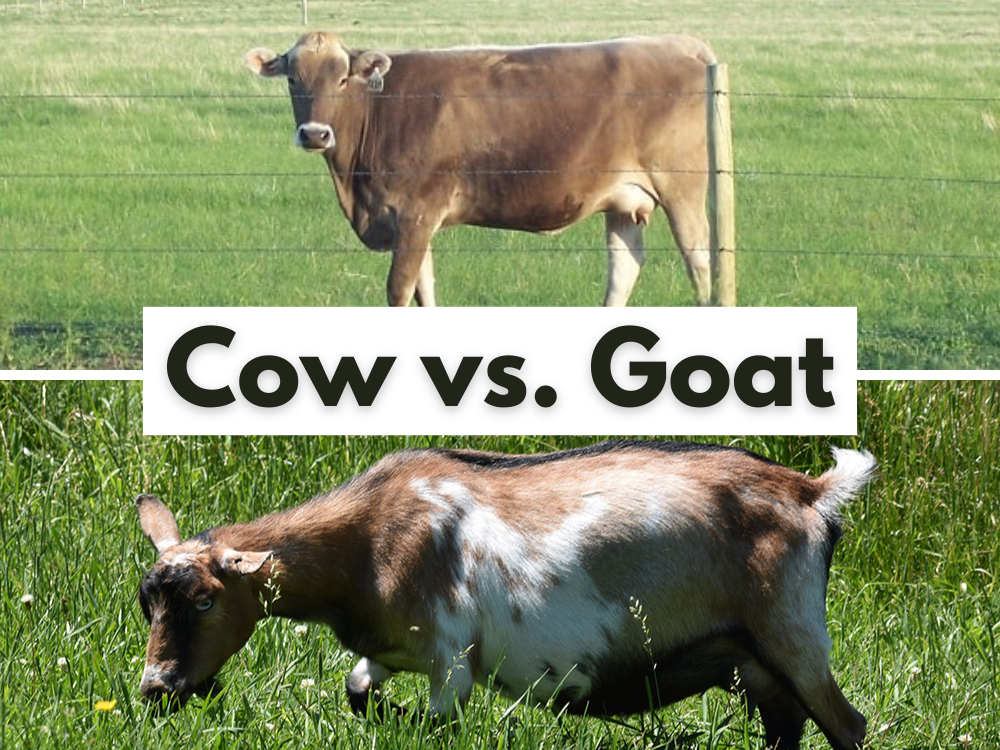The debate between goat milk powder and cow’s milk powder is becoming increasingly relevant in New Zealand as consumers seek healthier, more sustainable, and digestible alternatives to traditional dairy products. Both types of milk powder have their own unique benefits and potential drawbacks, making it essential to understand their differences to make an informed choice.
Nutritional Comparison
One of the primary considerations for choosing between goat milk powder and cow’s milk powder is their nutritional content. Goat milk powder is often praised for its higher levels of certain nutrients. It typically contains more calcium, potassium, and vitamin A compared to cow’s milk powder. Additionally, goat milk has smaller fat globules and a different protein structure, which can make it easier to digest and less likely to cause allergic reactions.
Cow’s milk powder, on the other hand, is a rich source of protein and vitamin B12, which is essential for maintaining healthy nerve cells and creating DNA. It also generally contains more lactose than goat milk, which can be a downside for those who are lactose intolerant.
Digestibility and Allergies
For many New Zealand consumers, digestibility is a critical factor in their choice of milk powder. Goat milk powder is often touted as being more easily digestible than cow’s milk powder. This is due to its lower lactose content and the presence of A2 casein protein, which is less likely to cause digestive discomfort than the A1 casein found in most cow’s milk.
Moreover, individuals with cow’s milk protein allergy (CMPA) might find goat milk powder to be a suitable alternative. However, it’s important to note that goat milk can still trigger allergic reactions in some people, so it’s not a guaranteed substitute for everyone with CMPA.
Environmental Impact
Environmental concerns are becoming increasingly important for NZ consumers. Goat farming generally has a smaller environmental footprint compared to cow farming. Goats require less land, water, and feed, and they produce less methane—a potent greenhouse gas. This makes goat milk powder a more sustainable choice for environmentally conscious consumers.
Conversely, the dairy industry is a significant part of New Zealand’s economy, and cow farming practices are deeply entrenched. While efforts are being made to reduce the environmental impact of cow farming, it remains a resource-intensive practice.
Taste and Culinary Uses
Taste preference is a subjective but important factor when choosing between goat milk powder and cow’s milk powder. Goat milk has a distinct flavor that some people find strong and slightly tangy, while others appreciate its creamy and rich taste. Cow’s milk, with its milder and more familiar flavor, is often preferred in cooking and baking.
In culinary applications, cow’s milk powder is versatile and can be used in a wide range of recipes, from desserts to savory dishes. Goat milk powder can also be used in cooking, but its unique flavor might not suit every recipe. It works well in certain gourmet dishes and is often used in Mediterranean and Middle Eastern cuisines.
Availability and Price
In New Zealand, cow’s milk powder is more widely available and generally less expensive than goat milk powder. The established dairy industry ensures a steady supply of cow’s milk products, while goat milk powder, being a niche product, can be harder to find and more costly. However, the growing demand for goat milk products is gradually improving their availability in NZ supermarkets and health food stores.
Health Benefits
The potential health benefits of goat milk powder make it an attractive option for many consumers. Its anti-inflammatory properties, easier digestibility, and lower allergenicity contribute to its popularity among those with specific health concerns. Goat milk is also less processed and more likely to retain its natural nutrients compared to some cow’s milk products, which can undergo extensive processing.
Conclusion
When deciding between goat milk powder nz and cow’s milk powder, NZ consumers should consider their specific nutritional needs, digestive health, environmental concerns, taste preferences, and budget. Goat milk powder offers several advantages, including better digestibility and a smaller environmental footprint, making it a compelling choice for those with dietary sensitivities and sustainability in mind. Cow’s milk powder, with its broader availability and familiar taste, remains a staple for many households. Ultimately, the best choice will depend on individual preferences and priorities.
New Zealand consumers are fortunate to have access to high-quality dairy products, and whether choosing goat milk powder or cow’s milk powder, they can enjoy the benefits of a nutritious and versatile food source.
